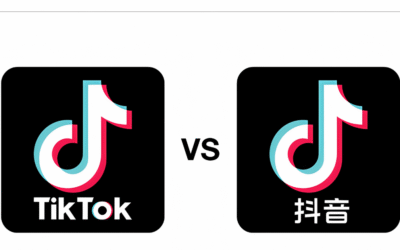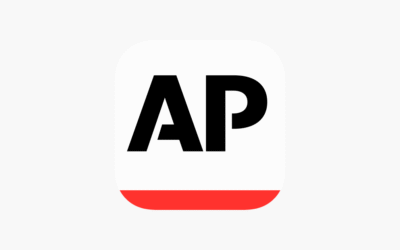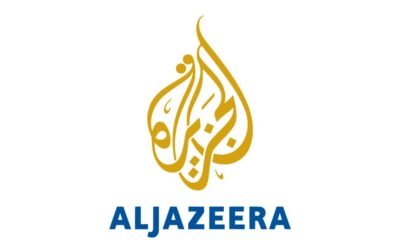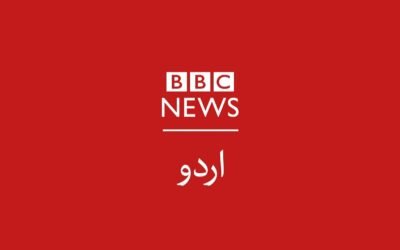Countries face the same online dangers. False news, hostile campaigns, and unfair influence now cross borders. These threats can harm elections, markets, and trust. Pakistan can learn from what other countries do. The European Union (EU), Singapore, and Australia offer useful models. They show how law, tech, and education work together to keep people safe online.
You May Like To Read: Information Warfare: How Israel Uses Media Warfare as a Tool Against Palestine?
What does the EU do?
The EU passed the Digital Services Act (DSA) in 2022. This law asks big platforms to act fast when they see illegal content. Platforms must explain how their algorithms work and be honest about ads. They must also reveal their risks in regular reports. This gives the public a better view of what platforms are doing to fight false content.
Take TikTok, for example. The EU launched an investigation into TikTok for failing to share enough information about political and scam ads. TikTok must now improve transparency or face fines.
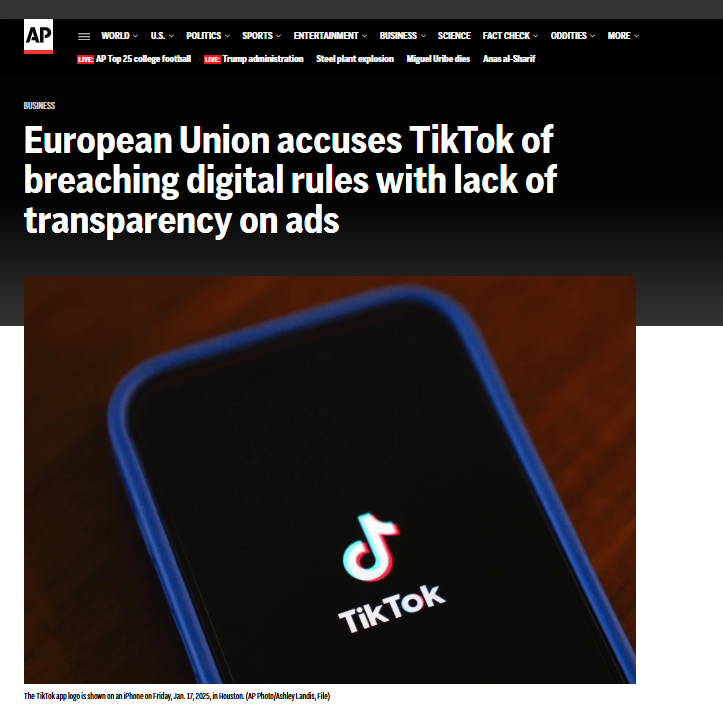
Image Credit: AP News
The EU also started a Code of Practice on Disinformation in 2018—revised in 2022. Platforms agree to fight bots and fake accounts. As of February 2025, this Code is part of the DSA.
The EU shows that clear rules, large fines, and the requirement for reports can force platforms to act. Pakistan can learn how fast action and public reports help curb false news.
What Singapore Does?
Singapore uses POFMA (Protection from Online Falsehoods and Manipulation Act) to move quickly. The law lets the government order corrections or blocks against online falsehoods in the public interest. It focuses on facts, not opinions or satire.
People can appeal POFMA orders to ministers and courts. Singapore’s courts ruled that the person receiving the correction must show a plausible case first.
Activists worry about free speech. In one case, an activist refused to place a correction on social media, even under threat of jail.
Why does it matter for Pakistan? Singapore shows how fast legal tools can fight false claims. But safeguards and fair courts are vital.
What Australia Does?
Australia blends law, tech, and education. In 2021, it passed the Online Safety Act and made the eSafety Commissioner a whole law enforcement body. The commissioner can ask platforms to remove harmful or illegal content fast—often within 24 hours. They can also issue removal or app-block notices. The office works with schools and parents to teach about online harm and runs national campaigns for digital safety.
Recently, the eSafety team scolded YouTube and Apple for failing to report how quickly they remove child sexual abuse content. Australia shows the value of combining strict law enforcement with media learning for kids, parents, and teachers.
A Trio of Tools That Work Together
Strong systems usually combine three parts:
- Clear laws — what platforms must do.
- Fast tech enforcement — removing harmful stuff quickly.
- Education — teaching people to check what they see online.
- The EU gives clear rules and demands reports.
- Singapore gives quick legal tools.
- Australia pairs action with nationwide education.
Pakistan can blend all three to build strong public defenses against false news.
Fighting Cross-Border Lies
Disinformation often comes from outside Pakistan. A fake post may sit on a server somewhere else. That makes legal action slow.
Countries help each other with shared standards and fast removal tools. NGOs like OECD and UNESCO promote multi-partner plans with platforms, academia, and civil society. Pakistan needs quick lines to tech firms and friendly nations. Global groups can offer policy help and frameworks for joint work.
The Role of Tech Firms
Tech companies must help. Platforms can flag bots, label political ads, and share data with fact-checkers. The EU forces large platforms to show us how they work.
Pakistan can ask for transparency in ads and algorithm use, and tools for local languages like Urdu, Pashto, or Sindhi. That helps spot fake news in local areas.
What Pakistan Can Do?
Pakistan can adopt parts of each model:
- Clear law protecting speech, targeting organized falsehoods.
- Fast correction tools like POFMA, with court checks.
- Platform duties for ad honesty, bot detection, and local language tools.
- A public safety body, like eSafety, should teach and enforce.
- International pacts for fast takedowns and data sharing.
20 Facts about #Pakistan -🇵🇰
1. 5th Largest Country in the World by Population
2. $1 Trillion GDP (PPP)
3. 64% Youth Population
4. 60% Literacy Rate
5. 46,000 Tech graduates a year
6. 300,000 IT Professionals
7. 184 million Cell Phone users
8. 88% Internet Penetration pic.twitter.com/cQH9VN9TKH— Special Technology Zones Authority – Pakistan (@STZAOfficial) September 22, 2021
Start with clear rules and public reporting. Then add fast legal tools. At the same time, build literacy in schools and the media.
Why Education Matters?
Banda Ruk Nahi Raha! 🇵🇰 Welcome to the new era of Digital Pakistan and PM Shehbaz Sharif’s visionary leadership. TikTok has launched a dedicated STEM feed in Pakistan to promote educational content. It’s time to LEARN something new everyday! 📝 #MoITTxTiktokxSTEM pic.twitter.com/AhUeDpFNSu
— Saad Kaiser 🇵🇰 (@TheSaadKaiser) August 4, 2025
Not every lie will disappear. People must learn to think clearly.
Schools and TV can teach simple steps: Who posted this? Is it from a real source? Are trusted outlets reporting the same?
Universities and nonprofits can run local workshops. Media literacy must reach people in Urdu and local tongues to build a real defense.
No country is safe alone. Disinformation crosses borders.
But we can learn. The EU shows rules matter. Singapore shows speed helps. Australia shows education helps.
Pakistan can mix these lessons to build strong law, accountable tech platforms, and a wise public. That mix can protect democracy, markets, and social peace.
When laws are fair, tech is open, and people know how to check facts, false messages lose power.
You May Like To Read: Media Manipulation: How AP News Skews Pakistan’s Image by Ignoring Government Efforts



